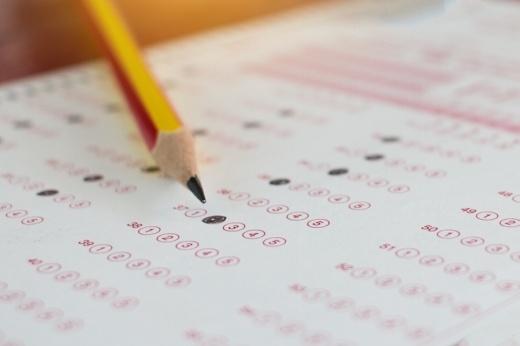Students also demonstrated academic growth over last year. Average passage rates were higher than in 2021 in all subjects except U.S. history at the high school level, which did not change year over year.
“This past year, our focus was on student growth, and I’m very proud of our campus leaders and teachers for continuously monitoring student progress and making adjustments as needed," CFISD Chief Academic Officer Linda Macias said in a statement. In a July 1 news release from the Texas Education Agency, officials acknowledged scores improved across the state from 2021 to 2022, most notably in reading. Texas Education Commissioner Mike Morath said the results point to a brighter future, but students are still performing below pre-COVID-19 levels in mathematics.
“The investments that the state is making in reading academies and accelerated instruction are clearly paying dividends for our students, and the results are a testament to the hard work of teachers across our state,” Morath said. “While we still have much work to do to recover from COVID[-19]-related learning loss in mathematics, the improvements our students have made in reading are clear."
State legislation passed in 2021 targeted the learning gaps formed during the pandemic, and additional legislation is expected to be implemented ahead of STAAR testing in 2023.
One such change will be the implementation of House Bill 3906, requiring a redesign of the STAAR test to better align with classroom instruction. The test will also move to total online administration next year. Students in grades 3-8 will take writing assessments as part of the reading test in spring 2023. According to the TEA, the changes strive to improve student engagement and reduce "teaching to the test."
Click here for more STAAR and end-of-course exam results. Learn more about the TEA’s take on this year's scores here.





